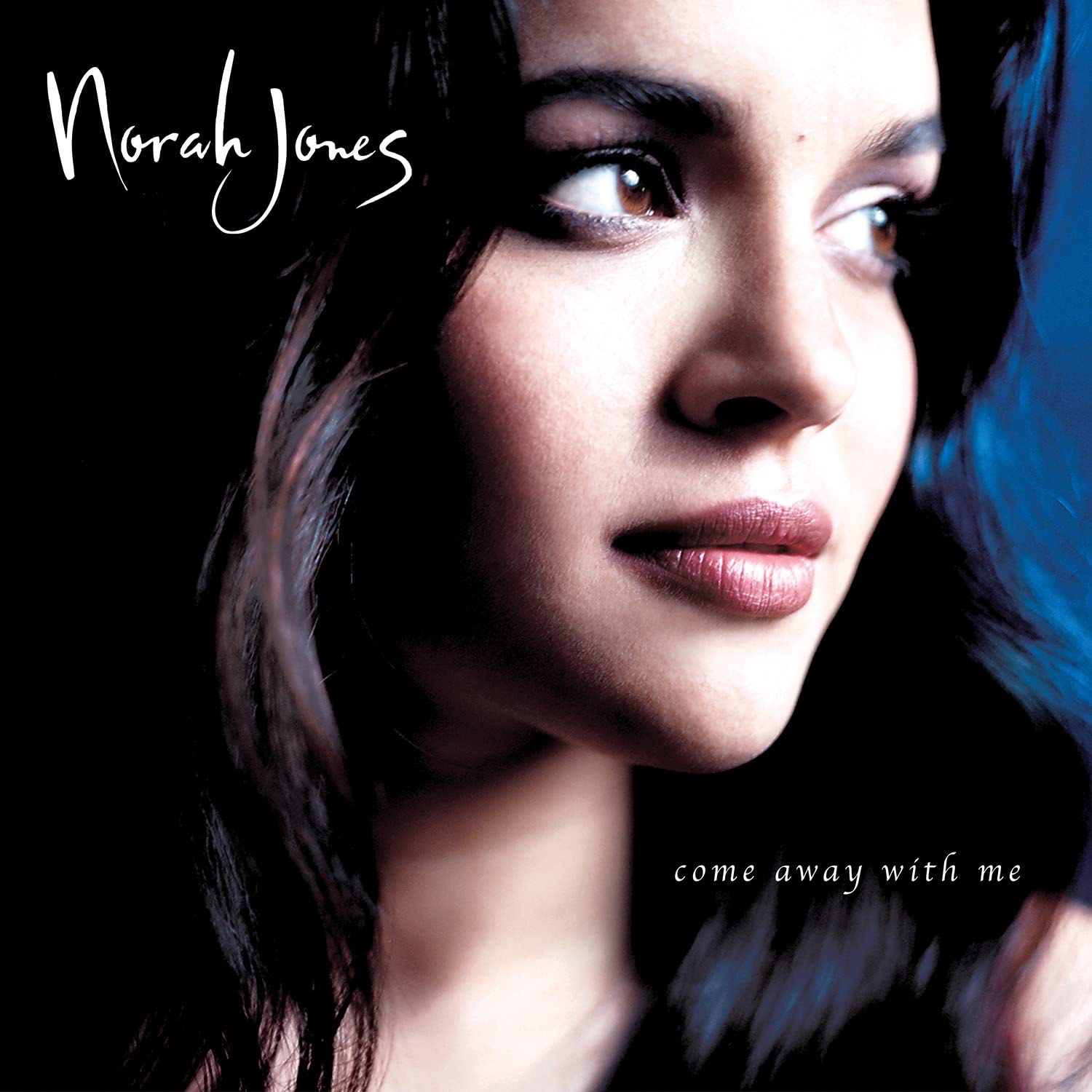Norah Jones
Come Away with Me [20th Anniversary Super Deluxe Edition]
BLUE NOTE/UME
Considering how much of a ruckus Norah Jones’ mellow brand of standard bearing and cosmopolitan jazz/soul/country caused 20 years ago, it’s surely important to see how the raw silken pianist/vocalist got there—and what she left behind, as 22 previously unreleased tracks fill this new super-deluxe version of her debut.
Made and remade by top-tier producers Craig Street (who oversaw this package’s demos collection) and the legendary Arif Mardin, with jazzbo session superstars such as drummer Brian Blade and guitarist Bill Frisell, as well as downtown habitues Tony Scherr on bass and Jesse Harris on guitar, Come Away with Me was designed, from the start, to be a melancholy, modern Beat classic. Often accused of being the heights of MOR, the full-bodied anniversary collection paints a wilder portrait. No one will ever confuse Norah Jones and punk rock, but Come Away with Me: 20th Anniversary Super Deluxe Edition displays a surprising angularity and nervous energy.
Hearing them again in several versions, the songs that fill the record still enchant with their seamless, genre-jumping musical mix and their lyrical emotional wellsprings sung in Jones’ slow-bubbling, lava-like simmer. In particular, the Street demo efforts—he of Cassandra Wilson’s dusky atmosphere fame on albums such as 1995’s New Moon Daughter—provide an airier, less conventional approach to Jones and Harris’ tones and tunes. Had this not originally been rejected by her label, Jones may never have been a multi-GRAMMY winner from the start, but who’s to say what adventures she might have had, or detours she may have taken?
To that end, her covers of vocal jazz classics “Spring Can Really Hang You Up the Most,” “When Sunny Gets Blue,” and “Hallelujah I Love Him So”—to say nothing of her spare tabla version of “Something Is Calling You”—present, quite frankly, a weirder, wearier alternative version of Norah Jones, one you would never accuse of being laid back.









